
The recent charges from the local prosecutor’s office of integrity, transparency and anti-corruption in Santa Cruz against public officials from several counties were not overlooked by Guanacaste residents.
“The population understands these events as an effort to identify those responsible for these alleged crimes” said Luis Martínez Zúñiga, Coordinator for prosecutor’s office anti-corruption unit.
In an interview with The Voice of Guanacaste, Martínez explained that the office has opened 260 investigations since it started work seven months ago for crimes ranging from embezzlement (when a public official takes state property), breach of public duty, and illegal enrichment, which are the most common crimes that public officials commit in Guanacaste.
Below is an excerpt from the interview.
What are the functions of the prosecutor’s office of integrity, transparency and anti-corruption and why was it opened in Guanacaste?
The objective of this prosecutor’s office is to investigate crimes committed by public officials during the execution of their public duties, but we can also sanction private citizens that commit crimes when they are in contact with the public sector via public contracts.
How many different crimes are you investigating right now and what are the most common crimes?
We started working on January 16 this year and to date we have 260 case files open for crimes and some 250 suspects that are public officials. The most common crimes are illegal appointments of officials, abuse of authority, embezzlement, and illegal use of public property (when a public official uses a public good or property for private use, such as using institutional vehicles)
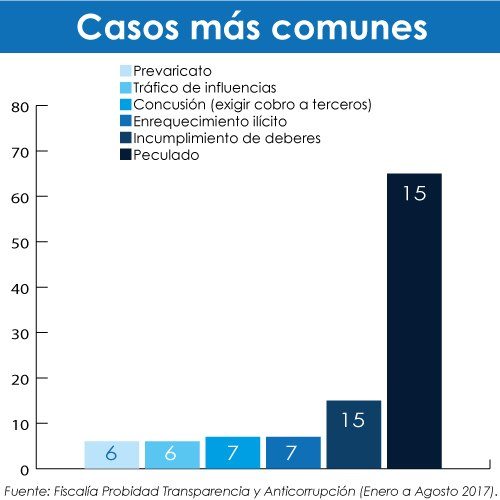
In these six months, how many convictions have there been?
There have been four criminal convictions of corruptors. These are criminal convictions that sanction private citizens who offer a public official a gift or a bribe.
How do you guarantee that during the course of an investigation the defendant doesn’t alter the evidence?
When there are investigations into an institution’s high ranking officials, we try to shield cooperating witnesses. We do that with security, protection, physiological assistance and we request precautionary measures so that the head of an institution who is suspended from his post doesn’t come close to or intimidate witnesses or other personnel.
Who decides if the suspended official receives a salary?
The Constitutional court orders that it be the employer that decides if the person who was suspended receives pay or not, in accordance with the Labor Code. In the case of mayors, the State Comptroller’s office determines it.
What could tempt a public official to commit an act of corruption?
There are a lot of causes. It could be for a lack of values in training public officials, or how bad a person’s economic situation may be. If an official has a lot of debt he or she may be more prone to commit acts of corruption since he know it’s going to generate an economic benefit him. Organized crime is also very interested in recruiting people inside public institutions and some public officials are tempted by the large sums of money they offer.
Do you think this unit’s work is visible to the public?
I think we are giving citizens hope, because if a public official commits a crime he is going to be investigated. Some people have told us our response to these crimes is helping the prosecutor’s office regain credibility. People are filing criminal complaints because of the positive response that we give them, and that’s generating more work for us, which is gratifying.
How to file a complaint
- If you know the public official’s full name and position you must go to the closest court or the offices of the OIJ, Costa Rica’s investigative police.
- Tell them who committed the act of corruption, when, where and how it happened.
- The complaint may be filed anonymously, or you may give them your name.


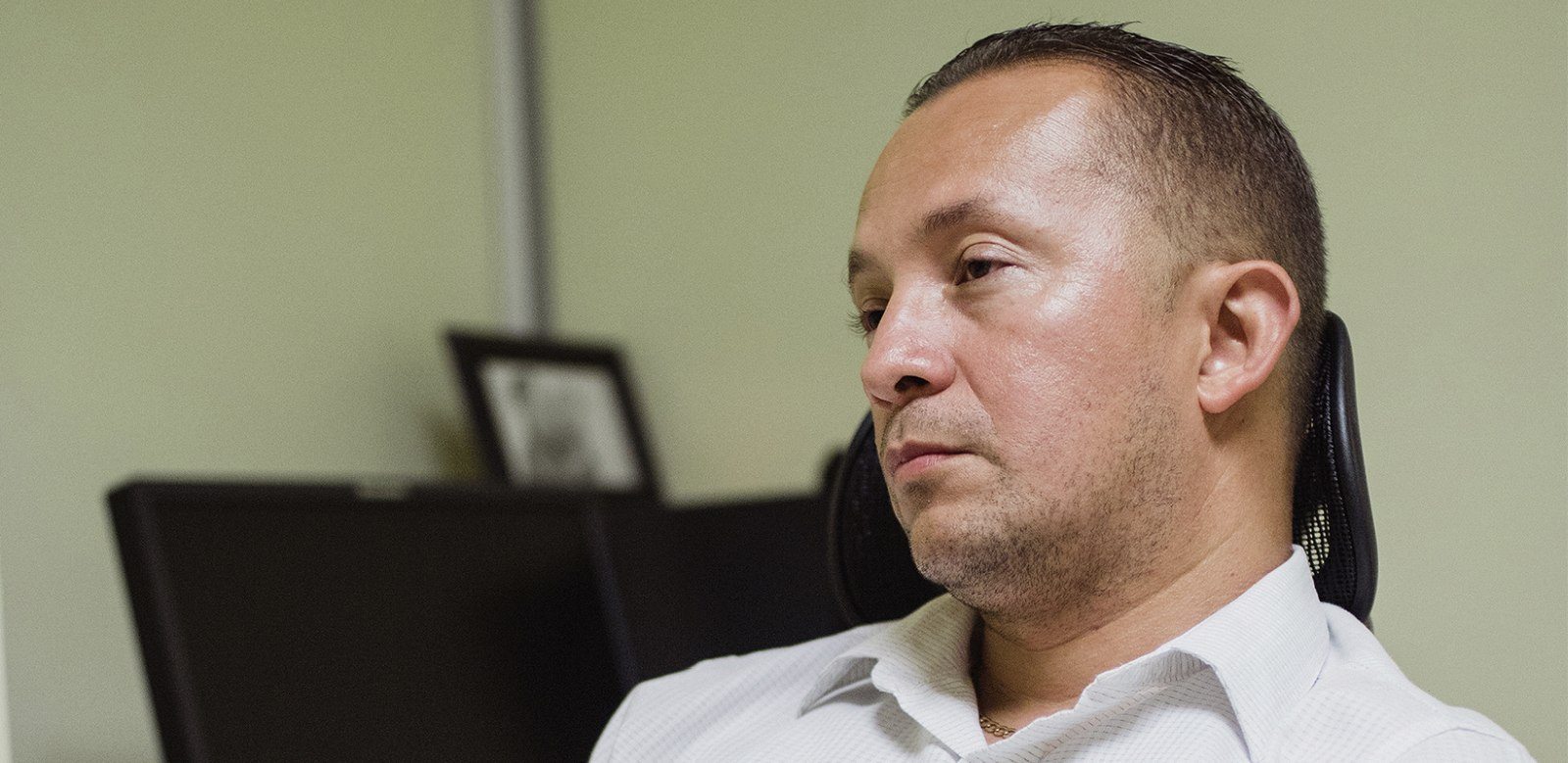

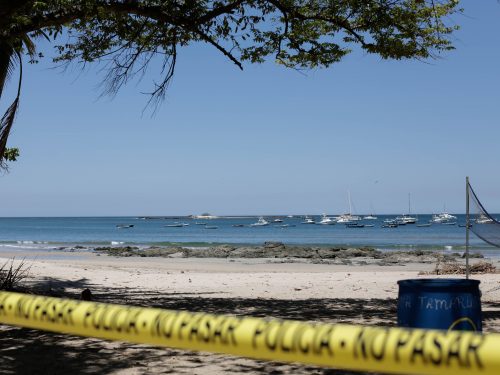
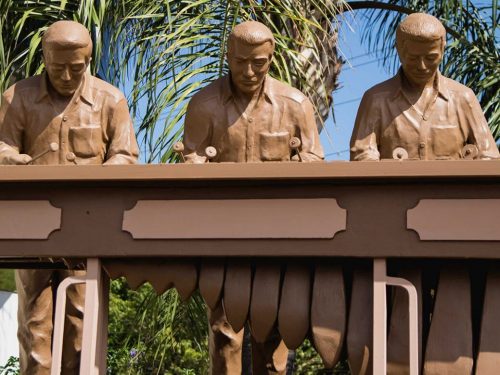
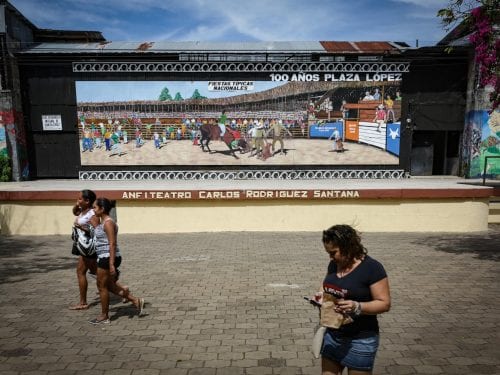

Comments